Based on Unlocked: Assessment as the Key to Everyday Creativity in the Classroom
Lately, I have found myself becoming increasingly antagonistic toward the word “ability.” I hear it used almost daily in my work with assessment and learning in a variety of educational settings, but rarely do I hear it used without experiencing a flash of frustration.
Because I am not usually prone to this kind of negative response to a commonly accepted term, I have decided to “unpack” the word and why its use in an educational context bothers me.
When I examined the literal definition of the word, I found nothing that immediately explained my questionable response:
Ability: “The power or skill needed to do something, or the fact that someone is able to do something.” (Cambridge Dictionary)
“The quality or skill that you have which makes it possible for you to do something.” (Collins Dictionary)
However, as I read and reread the definitions, I will admit they contain descriptions that hint at my internal conflict. I find myself asking, Is there a difference between power/quality and skill? Can all skills be learned? Can qualities or powers be learned and acquired? To what degree is ability a static or fixed state? Is ability about a person’s current state (as implied by the phrase “is able to do something”), or is it about future state (as implied by the word “possibility”)? Even the definitions seem unclear as to when it is most appropriate to use this word.
My relationship with the word
In uncovering the reasons for my resistance, I dug deeper into how ability is used in my daily work. I hear it used in some of the following ways:
“This group of learners does not have the ability to read.”
“I just don’t have any creative ability.”
“He is unable to learn basic math facts; he just doesn’t have the ability.”
“I grouped my students by their ability.”
“Students are placed in certain classes based on their abilities.”
When I examine these phrases, I find myself asking these questions:
- Will the learners ever learn to read? What skills are they missing? Is this statement diagnostic?
- How do you know you don’t have creative ability? Have you practiced becoming more creative? Do you have hope for the future?
- Will the student ever be able to learn math facts? Why is the student experiencing challenge?
- How did you decide on the abilities of your learners? What evidence guided this decision, and will this evidence change over time?
- Will the groups change over time? What abilities invited your decisions about class placement? Will what the learners receive in these different classes be of different quality and substance? Will the rigor vary based on your decisions about abilities?
Looking at the definitions, how the word is used in educational contexts, and the questions that come to mind, I am beginning to sort out why this word is bothering me. I am worried that the word is being used to communicate a student’s inability to do something and that the skill they are unable to do is not representative of the current state of affairs but rather refers to a belief about the future state as well. In other words, ability is equated with a fixed state.
What does the research indicate?
I turn to the research on ability grouping. This research is not the focus of this blog post, but it does help me sort out why I think the word ability might be dangerous in education. To cut to the chase, Adam Gamoran (1992) states the following in his article “Synthesis of Research: Is Ability Grouping Equitable?” in ASCD’s Educational Leadership.
Ability grouping rarely benefits overall achievement, but it can contribute to inequality of achievement as students in high groups gain and low-group students fall farther behind. The more rigid the tracking system, the more likely these patterns will emerge.
This raises some immediate questions for me: Which students find themselves in the low groups and which learners are in the high groups? How often is there movement between groups? What assessment evidence leads to grouping, and how often is this evidence collected and analyzed? Do the experiences students have in each group reflect their interests? Their strengths? High levels of thinking? What is the correlation between factors such as socioeconomic status, race, English language skills, and ability groupings? Does “ability” dictate placement, or is placement more reflective of opportunity and exposure?
At the crux of all this, here is what I am wondering: are we using the word ability as a description of the present state (reflective of needs; assuming support and growth will follow), or are we using it as a description of future state, implying a static and unmoving condition? If ability is used to describe a learner’s future state, then the word serves to limit possibility. It can be used to justify disappointing data, sort students into manageable groupings that make consistent whole-class instruction defensible, and invite a belief in students that reflects less than their actual capacity to grow and learn. Over time, it is possible that an assertion of fixed ability can result in inequality, marginalization, and the active diminishment of opportunity. I am starting to understand why this word bothers me.
A different meaning, a different mindset
It might help to assert a different meaning of the word. Ability, when it reflects the present state of skill and concept development, can serve to ignite action. When a learner’s inability to do something in this moment is followed by a belief that they will be able to do it in the future with practice, instruction, and revision, the use of the word ability is one I can embrace.
In my book Unlocked: Assessment as the Key to Everyday Creativity in the Classroom (2019), I articulate the importance of student and teacher belief that creative ability is something that can be developed. When learners and educators believe creativity is an ability that someone either possesses or does not possess (fixed), both negative self-talk and learned helplessness can ensue (p. 30). However, when assessment captures current ability, teachers and students can intentionally design experiences and opportunities to develop needed creative skills and knowledge that will result in future creative ability that differs from its present state.
When the word ability is used to describe how things are right now, while simultaneously implying potential, it can result in self-determination and efficacy. Current ability combined with collective support, practice, feedback, time, reflection, and intentional decision-making results in a future that holds few limits. In this context, assessment leads to instructional maneuvers that will inevitably produce a different ability down the road. With this model, instead of gaps, we have opportunities. Instead of compliance, we have creativity. Instead of limits, we have possibility. This is a use of the word ability I can get behind.
From now on, each time I am tempted to feel exasperated when the word ability is used, I will clarify that we are talking about what a student can do right now. I will insert the word current in front of ability and redirect the conversation to the future. I will share the ways assessment powers learning forward instead of documenting and justifying lack of growth and a fixed ability. I will strive toward planning that empowers learners and unleashes their potential. I now have the ability to reframe what this word can actually mean.
References
Cambridge Online Dictionary. https://dictionary.cambridge.org/us/dictionary/english/ability
Collins Online Dictionary. https://www.collinsdictionary.com/dictionary/english/ability_1
Gamoran, A. (1992). “Synthesis of Research: Is Ability Grouping Equitable,” Educational Research (50, 2, pp. 11–17). Association for Supervision and Curriculum Development. Retrieved on December 14, 2019 from http://www.ascd.org/publications/educational-leadership/oct92/vol50/num02/Synthesis-of-Research-~-Is-Ability-Grouping-Equitable%C2%A2.aspx.
White, K. (2019). Unlocked: Assessment as the Key to Everyday Creativity in the Classroom. Bloomington, IN: Solution Tree Press.
[author_bio id=”203″]


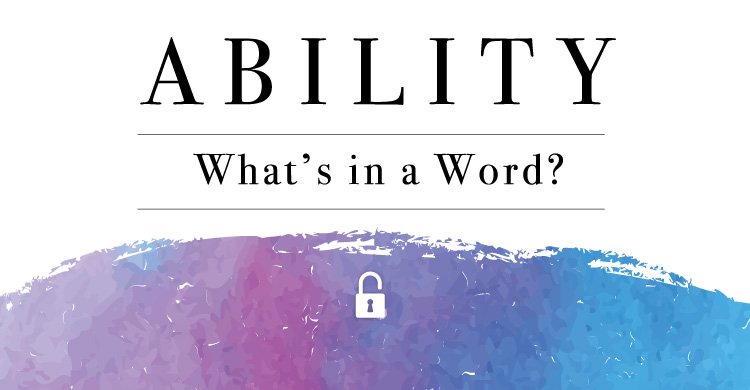
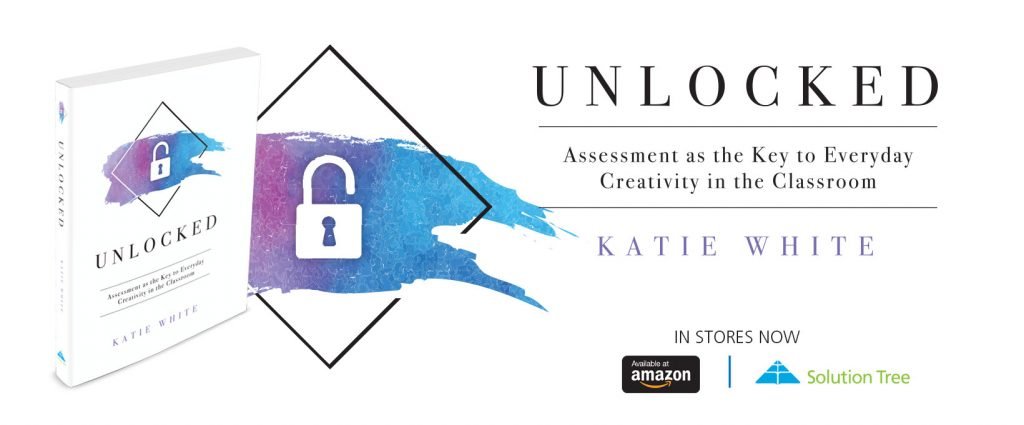
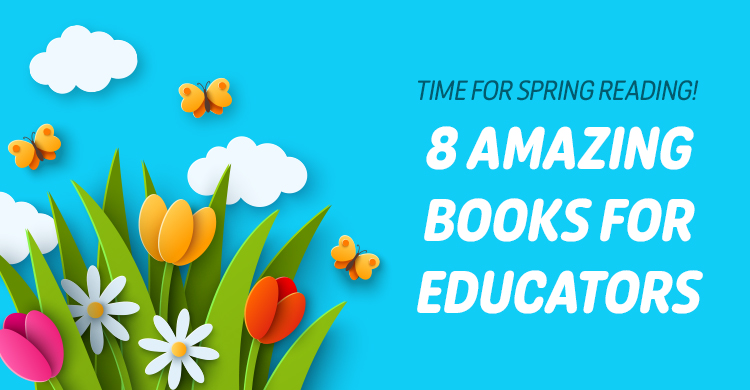
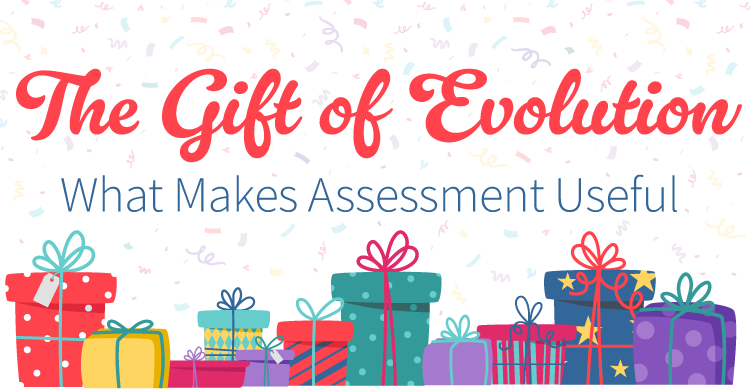
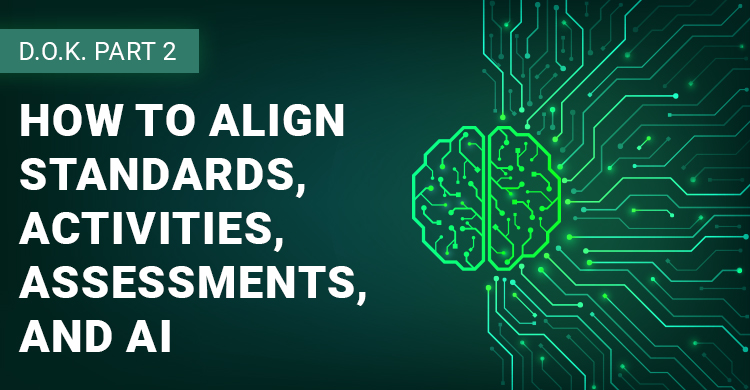
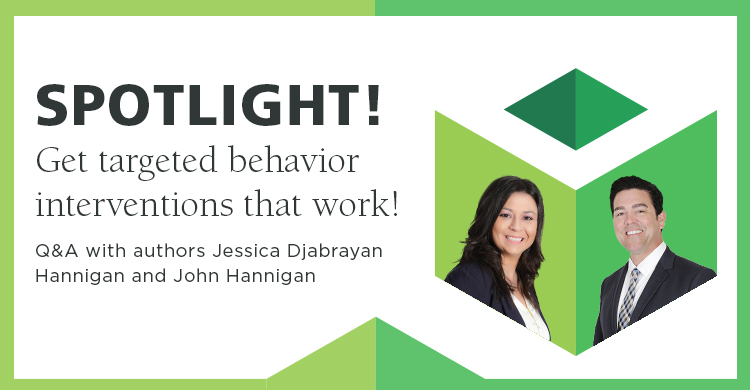
Ability – from my perspective – is to be able to in this moment. If one doesn’t have the ability – one is not able to at this moment. I understand your frustration and like how you shift the thinking with ‘current’. However, in the wider context of education, ability, as it is currently used, is often limiting and used in deficit. When a student is ‘able to do’ something, how often do is it even discussed? This might speak to a larger issue in education, the current focus on deficit and lacking, on the constant focus on weaknesses over the past 5 decades which has become almost a self-fulfilling prophecy of not measuring up. Instead of focusing on development, growth, and creativity, the focus on ‘not being able to’ is a legacy education is now having to grapple with given the rapid speed at which change that is happening. Unable to shake off the focus on measuring up, we often miss that the markers for measuring are changing and, in some cases, been completely replaced so that measuring up is no longer the goal but ‘being able to’ means being able to adapt, innovate, create, and relearn is what is required.
Maybe it’s not how we use the word but the word itself that needs to be replaced. For what it’s worth!